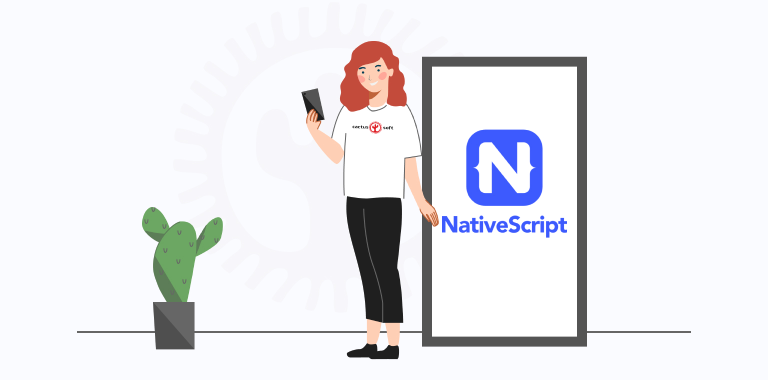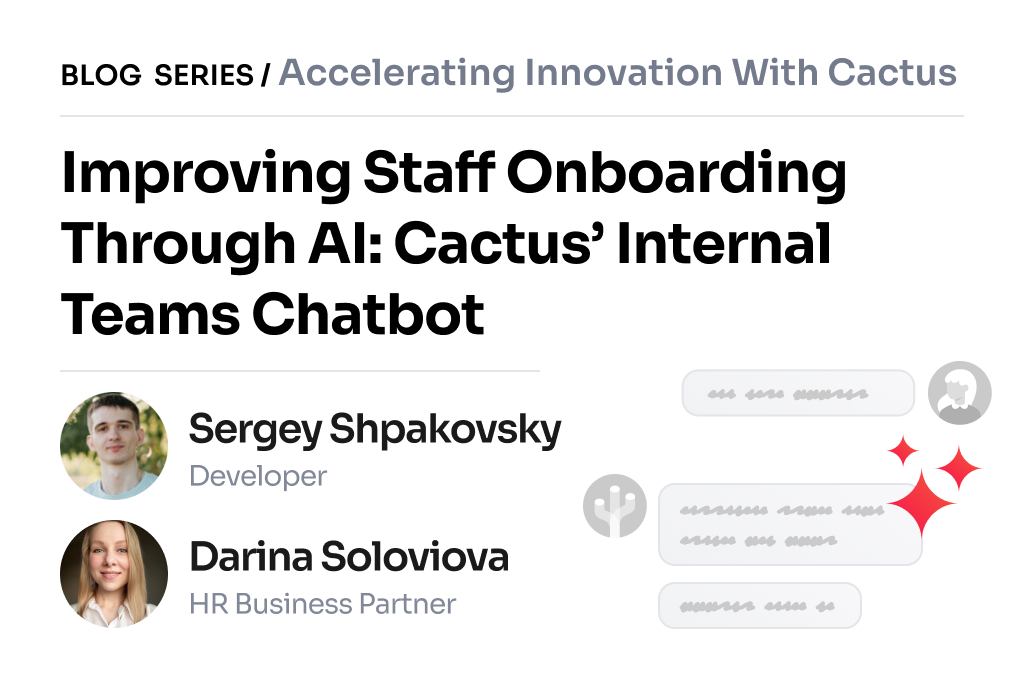It isn’t rocket science to realize that in order to generate more revenue, you must have a larger user base. That’s why businesses are trying every marketing strategy they can to reach out to more potential customers.
One way that some organizations have particularly touched upon is the endless obsession of our society with mobile devices. This year, there are 6.3 billion smartphone users. Each person uses their phone for about 3 hours and 45 minutes a day and spends more time on a mobile app than on a browser.
That being said, leveraging mobile marketing can build your business’s brand. Companies hire mobile app developers to create an app for their companies.
So, if you are a mobile app developer or an aspiring developer, now is the best time for your career. With the increase in the demand from mobile app users, there is also an increase in the need to create apps. So
How to design an App?
When creating an app, you’ll need a mobile app development framework, to begin with. It’s a valuable tool that every developer must have to help them accomplish their projects.

What Is A Mobile App Development Framework?
Unlike in the past, creating apps does not require you to be an expert in any complicated programming language. Although it’s an advantage when you know how to use codes when creating an app, it’s not a necessity anymore.
With plenty of mobile app development frameworks available, having basic knowledge of designing and web-based languages is enough. These frameworks serve as a foundation for creating an app, with tools for coding, debugging, and more.
The framework forms the app by using all the codes you have written.
Although there are three types of mobile apps, most frameworks are used to create native and hybrid apps.
In 2021, learn how to create an app for your business, or if you are an aspiring mobile app developer, start making apps for organizations that need them. Use any of these mobile app frameworks to begin your development.

Best Frameworks for Mobile App Development in 2021
Flutter
Created in 2017, Flutter is a new mobile app development framework. However, it has been one of the most preferred tools by developers. It uses the Dart programming language as its main coding language. Using Dart language as compared to traditional JavaScript is faster and lighter. But using both will create a better result.
Furthermore, developers can see real-time changes or modifications while creating their apps.
Flutter helps in the creation of Android and iOS apps.
It is an open-source framework created by Google for native app development. It includes a layered architecture consisting of a C++ engine, an embedder, and a dart framework. Each layer performs different functions that help in building the app.
Flutter Advantages
- Hot reload for a faster and rich customizable widget to create native apps in minutes
- It uses GPU for a powerful UI that makes it easier to incorporate the latest interface into its designs
- Create fast and better-performing apps
- Educational videos for mobile app development.

React Native
Launched in 2015 by Facebook, React Native is the most popular mobile app development framework used by developers. Its robust and cost-efficient qualities are what make it attractive to developers.
React Native uses JavaScript coding language and requires little time to learn how to use the framework. This go-to tool is preferred by startup businesses wanting to stay competitive and relevant.
It allows the development of Android and iOS native apps. It is a cross-platform framework that requires low code or a single code repository to develop different apps for various platforms.
Advantages
- Time-saving as developers can use the same code when developing apps for different platforms
- See changes in real-time
- Communicate with a large community of developers
- Simple user interface
- Supports third-party plugins
- Create better and more stable apps.
The cost of React Native app development depends on the complexity of the app. It often starts at around $15 to $25. But sometimes it depends on the skill, experience, and location of the developer.

Xamarin
Microsoft is the creator of the Xamarin mobile app framework. It is chosen by most developers who work on .NET. This open-source tool can be used to build apps for Android, iOS, and Windows.
It uses the C# codebase for different platforms and has its own .NET libraries and runtime. It reduces the time and cost of mobile app creation with its cross-platform coding.
Businesses can own an app with a unique user experience and with native performance.
Advantages
- Easy for developers with .NET and C# knowledge
- Can reuse third-party codebases
- Communicate with a large community of developers
- Creates an interface with a unique experience for end-users.

Ionic
It’s a favourite framework of most developers. It uses CSS3, HTML, and JavaScript languages to develop different apps. Ionic can be used to create native, web, and hybrid apps.
The HTML5 language is perfect for the development of hybrid and agile web apps. Ionic creates hybrid apps that share the qualities of web and native apps. Also, it develops an enhanced performance. Apache Cordova is responsible for the hybrid HTML apps.
Ionic is a framework that supports cross-platform development. So, developers save time when creating an app for different operating systems.
Apps created in Ionic have an interface that’s pleasing to the users’ eyes, making it an excellent choice for businesses that want to get plenty of people to download their apps.
What’s Great About Ionic?
- Ready-made user interface
- Can use CSS, HTML, Angular, and JavaScript
- Allows the use of third-party plugins
- Open-source front-end framework.

NativeScript
NativeScript is an open-source, cross-platform framework that supports JavaScript, Vue.js, Typescript, and AngularJS.
There is no need to install extra plugins. Developers have everything they need. It also works on Write Once, Run Anytime (WORA) functionality.
Using this framework, developers can reduce the code and time needed to create an app. It can be used to make Android and iOS API too.
Standout Features
- Developers can use JavaScript only
- Supports Cocoapods and AndroidArsenal
- No need to integrate third-party plugins
- The user interface is appealing and accessible without WebViews.

Other Mobile App Development Frameworks
- Sencha Touch
- Appcelerator Titanium
- PhoneGap
- Node.JS
- Corona SDK
Conclusion
Choosing the right tool for creating your app is vital. It’s not only based on how you want your app to look. There are plenty of things to consider. Therefore, get to know what you need, how your app will function, its interface, and so on.
The best part of this list is that all frameworks are applicable to both Android and iOS platforms.
So you can make a decision depending on your app’s requirements. Moreover, you can also learn more about app design by researching topics such as “How to design an app” and gathering information to make your app stand out.






